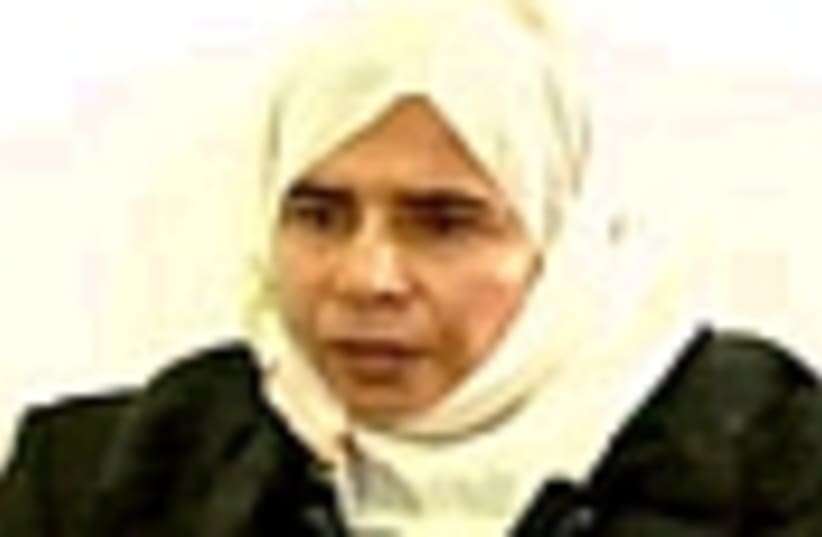| More about: | Abdullah II of Jordan, Abu Musab al-Zarqawi, Bill Clinton, Fallujah |
Iraqi woman tried to blow self up with husband
Al-Rishawi's brother was once a deputy of Abu Musab al-Zarqawi, the Jordanian leader of al-Qaida in Iraq.


| More about: | Abdullah II of Jordan, Abu Musab al-Zarqawi, Bill Clinton, Fallujah |